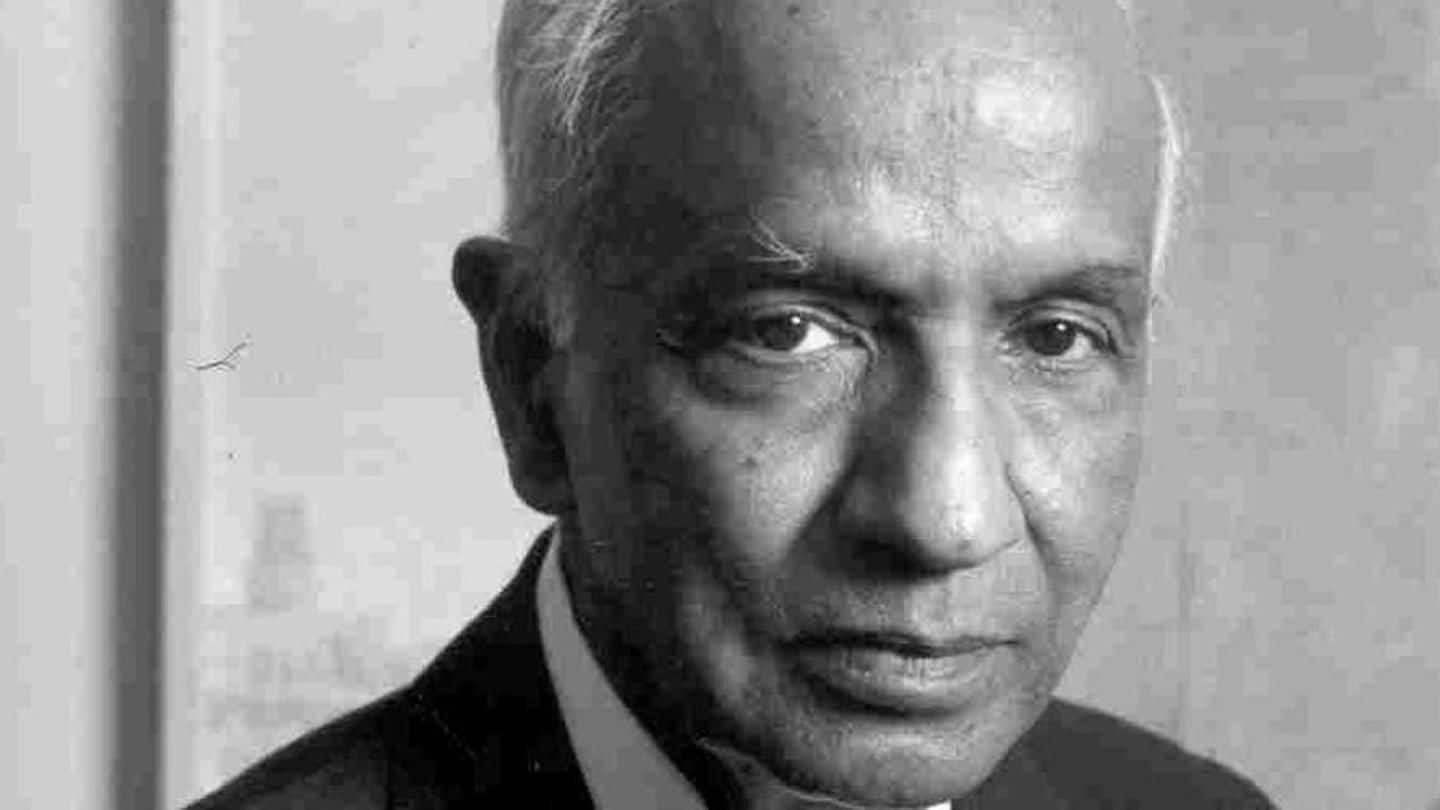
Indian-American scientist made mission to 'touch' the Sun a reality
What's the story
NASA launched the Parker Solar Probe today- the world's first mission to 'touch' the sun. But few people know that the base for this was laid 60 years ago, thanks to an Indian-American scientist. When Dr Eugene Newman Parker (after whom the probe is named) proposed 'solar winds,' a core part of this mission, his ideas were rejected twice, till Nobel laureate astrophysicist Subrahmanyan Chandrasekhar intervened.
Base
What was Parker's revolutionary idea about?
Till 1958, the scientific community believed that the space around the Sun was total vacuum. That year, Dr Parker introduced a radical idea. According to him, charged particles flowed continuously from the Sun and permeated the solar system. But when he submitted his theory to the Astrophysical Journal, it was rejected twice by two different reviewers, said Dibyendu Nandi, associate professor, IISER-Kolkata.
Chandrasekhar
Chandrasekhar 'overruled reviewers, allowed publication of Parker's theory'
At that time, Indian-American astrophysicist Chandrasekhar was serving as the Journal's senor editor. "He overruled the reviewers and allowed Parker's idea to be published," Nandi said. "Chandra, as he was popularly known, is another astrophysicist with his name tagged to a space mission, NASA's Chandra X-ray Observatory." He won the Nobel for Physics in 1983 along with William A Fowler for his contributions.
Impact
Chandrasekhar's gesture might have changed how Indian scientists are viewed
Chandrasekhar's gesture not only marked the first time Dr Parker's idea was formally accepted, but Nandi believes it also shaped how the latter viewed the work of Indian scientists. "My PhD research supported an alternate theory for the Sun's magnetic cycle, different from a theory that had been proposed by Parker," Nandi said. Despite his theory contradicting Parker's, the latter wrote "a glowing review" of Nandi's thesis.
Quote
'Have to be generous to others' ideas in science'
"I have learnt a very important lesson of my professional scientific career from him: to be generous to the ideas of others, as long as they are not obviously wrong, and even if they contradict my own personal views," said Nandi.
Probe
Probe will go closer to the Sun than any spacecraft
The probe was to be launched yesterday, but glitches delayed it till today. It will come within 6.16mn kms of the Sun, the closest a spacecraft has ever gotten to the star. The $1.5bn mission has been in the works for five decades. In seven years, it aims to orbit the Sun 24 times, pushing closer each time. Parker is carrying 1.1mn names with it to the Sun.